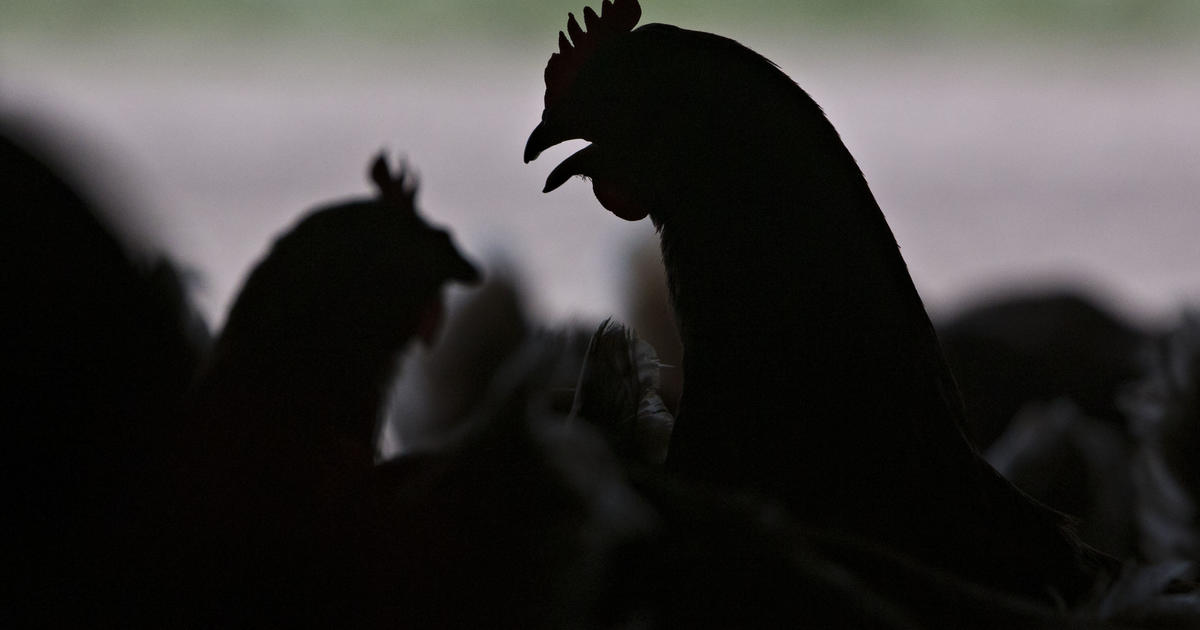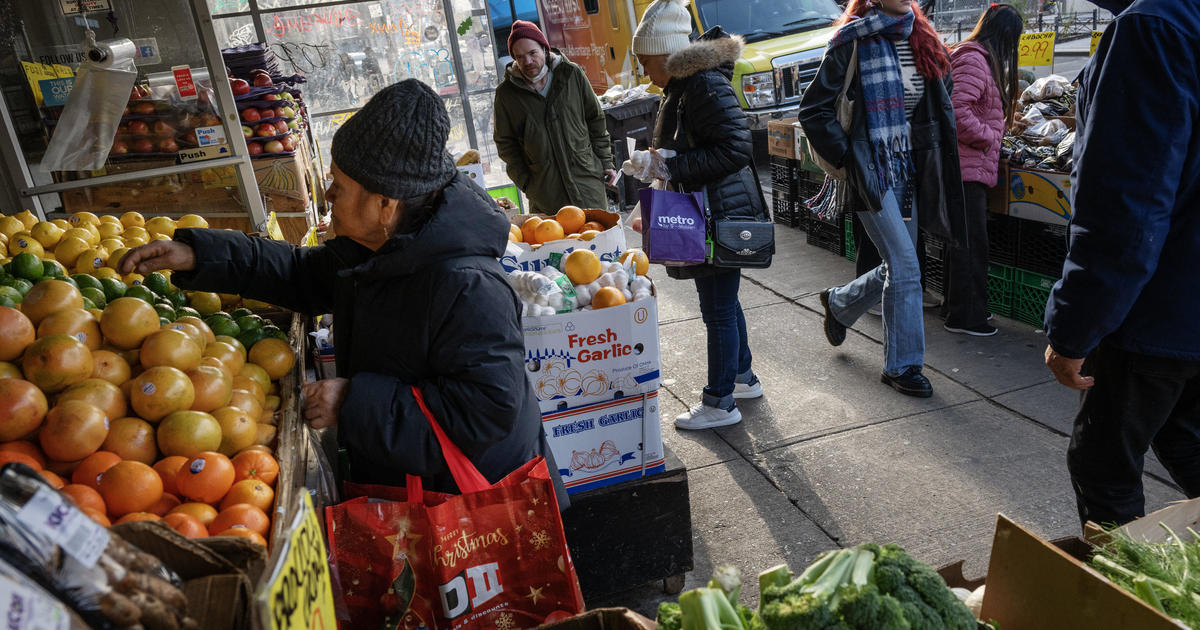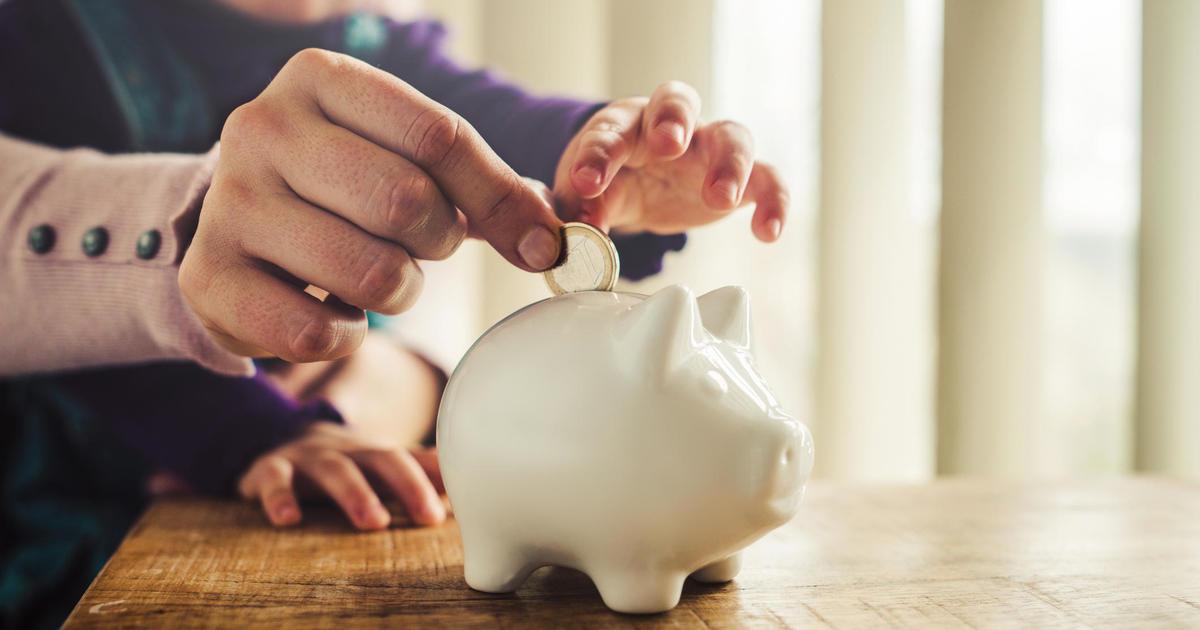Coronavirus surge in states that rushed to reopen is hurting economic growth
In mid-May, Arizona Governor Doug Ducey ended the state's stay-at-home order and proclaimed the state ready for "the next stage of economic recovery." Little more than a month later, that recovery is under serious strain as local coronavirus cases spike, causing some reopened businesses to close again and consumers to retreat homeward.
States now seeing explosive growth in coronavirus cases are also taking an economic hit, with indicators such as restaurant bookings, consumer spending and small business activity pointing to a slowdown, according to Deutsche Bank economists.
Those states include Arizona, South Carolina and Texas, all of which pushed to reopen their economies quickly. Texas, which had one of the shortest stay-at-home orders in the country, on Thursday announced a halt to its reopening plan, citing the surge in COVID-19 cases.
"More people are staying home as cases soar, and small firms are shedding jobs," economist Ian Shepherdson of Pantheon Macroeconomics told investors in a note.
The economic headwinds facing states like Arizona and Texas suggest an uneven recovery for the nation as a whole rather than the quick rebound some economists had predicted at the start of the pandemic.
Reopening restaurants and clothing stores may immediately draw some consumers out of their homes, but many others are holding off until the pandemic appears to be under control or a vaccine becomes available. And without plenty of consumers willing to resume their old patterns of spending, businesses will struggle to regain their footing.
Glendale, Arizona, resident Colin Seale is among those avoiding local restaurants as well as national retail chains like Walmart and Target. He said he's aware of the health disparities of COVID-19 for black Americans like himself, and is planning on keeping his two children out of school until there is a vaccine.
"Getting a hamburger and a beer isn't worth more deaths," said Seale, the founder of an educational firm called thinkLaw. "We'll probably have to see this opening ratchet back. People's behavior is going to force a shutdown."
Seale isn't alone in that view. In Tucson, Steve Browning said he noticed how quickly some restaurants are filling up with customers. He recalled recently receiving an email about a live theater performance promising social distancing and other safety precautions.
"One of the actors emailed me and said, 'I hope you come to the show.' I said, 'To be honest, I have no intention of going out to a restaurant or a theater right now, but I wish you all the luck in the world," said Browning, a consultant for non-profit groups.
"For many of us," Browning added, "it's not a risk we want to take right now, no matter how much we like food and beverages."
Consumer fear hindering recovery
Some restaurants that had reopened in states now seeing a rebound in coronavirus cases are again shutting down. Eateries in Texas, Florida, South Carolina and Arizona are among those that have shut their doors after reopening, due in some cases to infections among their workers.
One popular hot dog restaurant in Tucson closed off its indoor dining, reverting to take-out only, after its owner became worried about consumer behavior, according to Tucson.com. Too many customers weren't wearing masks, he told the publication, and people congregated in long lines outside his restaurant.
Concerns that customers aren't taking precautions, coupled with flaring infections, is affecting local businesses and marketplaces, data show. Arizona, Florida, South Carolina and Texas are among the states that are seeing a decline in hours worked as coronavirus cases increase, according to Deutsche Bank, which cited data from employee scheduling software maker Homebase.
"This new inverse relationship between economic activity and Covid cases is particularly acute for several of the states exhibiting the most troubling trends, including Arizona, Florida, South Carolina and Texas," Deutsche Bank analysts wrote. "The lesson is that behavioral changes in response to Covid trends can hinder the economic recovery even if states do not reimpose containment measures."
For now, it remains unclear how much damage the skyrocketing virus cases in the South and West will do to the U.S. economy as a whole. But Pantheon's Shepherdson noted that "it is unlikely to be trivial, because the states with renewed outbreaks account for over a third of the economy."
Because those states haven't ordered new lockdowns, the slowdown in economic activity is likely due to consumer behavior, he also pointed out. "This is due to people, in aggregate, choosing not to visit places, like malls, bars and restaurants, where they fear catching the disease," Shepherdson explained.
Human health needs to be at the forefront of the recovery, said consultant Browning of Tucson. "When we don't take a stand on these things, it's going to eventually come back to hurt us economically in the mid-term and long-term."



